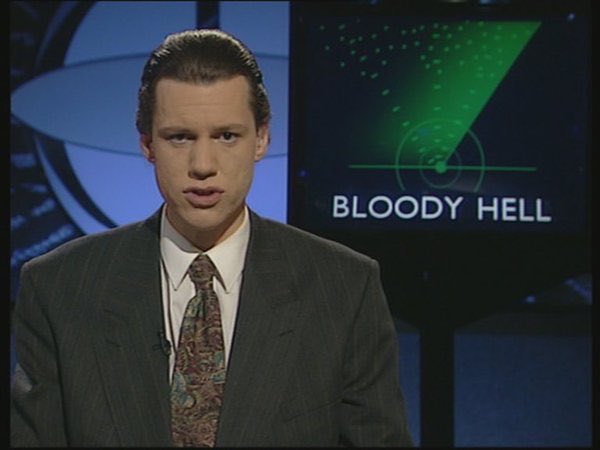As the news of the carnage came in, many pointed to the Middle East. The attack had all the hallmarks of recent atrocities in Palestine and Lebanon. After all, it was Middle Eastern terrorists who had bombed the World Trade Centre in 1993. The US President, Bill Clinton, was urged to close down US airports, to stop those responsible from escaping the country. The biggest question was why on Earth these killers had travelled all the way to Oklahoma.
And then someone looked at the date. April 19th.
In 1993, federal law enforcement agents had got into a showdown with an extreme Christian cult in Waco, Texas. The cult leader, David Koresh, was amassing weapons for the end of the world, which he believed was soon. He was also accused of abusing the children in the compound; Koresh was practising polygamy. When law enforcement agents attempted to seize the weapons, the cultists fired on them. This led to a long stand-off between the FBI and those inside. With no end in sight, the FBI began to try and force their way in on April 19th, 1993. The building burnt down, set on fire by Koresh and his followers. 76 people burnt to death.
The Waco siege, along with another armed standoff at Ruby Ridge in 1992, became celebrated causes on the American right. Many saw the federal government as their enemy, and elements of the Christian right began to claim that the end of days would come in a conflict between citizens and the federal government. Fed by talk radio hosts, this toxic atmosphere fed into mainstream politics. In 1994, the Democrats were hammered at the midterm elections by the Republicans, who brought a hard-edged, obstructionist rightist politics into Washington DC. The federal government was blamed as the cause of all ills, and treated as beneath contempt.
One of those influenced by this tide of bile was Timothy McVeigh, an army veteran who had come to mistrust and hate the government. Driven by the chorus of voices claiming that something had to be done, McVeigh did just that, packing a truck full of explosives and fertilisers, and parking it underneath the Alfred Murrah building.
The person intent on bringing death and misery had not traveled 'all the way to Oklahoma.' He'd driven up the road.
What is the point of marking this anniversary? The Oklahoma City bombing stands as a warning to us all. When you create a toxic atmosphere by bashing others, whoever they may be, you bring a moment like this nearer. When you dehumanise people, you make it easier to justify extreme measures against them. When you issue a call for action, those who are troubled, disturbed, or full of anger and hatred may well respond to your calls. Last year, a Labour MP was shot dead in the streets of her own constituency, by a person with far-right views, who shouted "Britain First" as he carried out his attacks. The media and political screams of 'Take Back Control' during the EU referendum had played out in awful terms.
As we prepare to go through yet another fractious election campaign, remember that. Remember that words can have consequences. And sometimes those consequences can be utterly horrific.
If you want to find out more about the 1995 Oklahoma City bombing, I cannot recommend this documentary enough:

